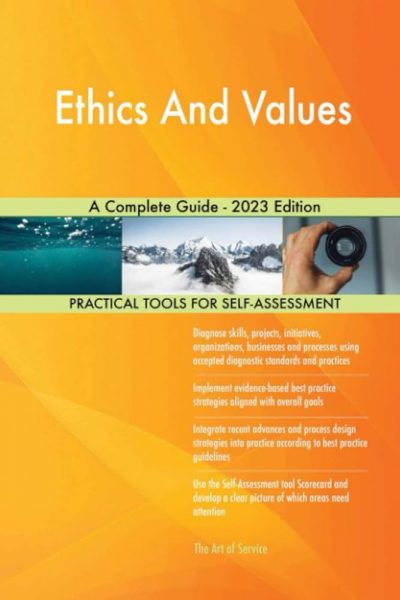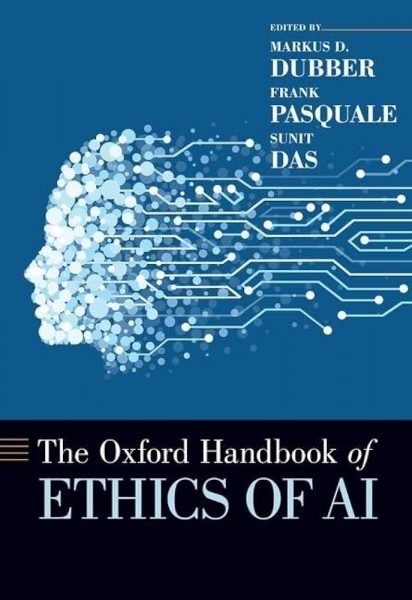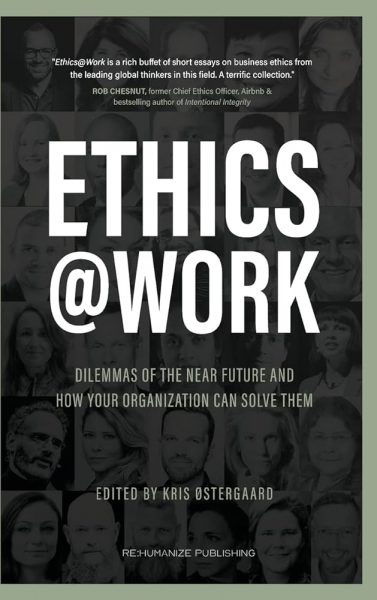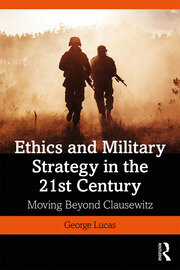Ethics book recommendations from the Poe Business Ethics Center
Looking for ethical insights you can apply to a business setting? Check out these recommendations from Brian Ray, Poe Business Ethics Center Director.
Ethics and Values: A Complete Guide
By The Art of Service – Ethics And Values Publishing
This Ethics And Values Guide is unlike books you’re used to. If you’re looking for a textbook, this might not be for you. This book and its included digital components is for you who understands the importance of asking great questions. This gives you the questions to uncover the Ethics And Values challenges you’re facing and generate better solutions to solve those problems. Defining, designing, creating, and implementing a process to solve a challenge or meet an objective is the most valuable role… In EVERY group, company, organization and department.
Unless you are dealing with a one-time, single-use project, there should be a process. That process needs to be designed by someone with a broad enough perspective to ask the right questions. Someone able to ask the right questions and step back and say, ‘What are we really trying to accomplish here? And is there a different way to look at it?’
This Self-Assessment empowers people to do just that – whether their title is entrepreneur, manager, consultant, (Vice-)President, CxO etc… – they are the people who shape the future. They are the person who asks the right questions to make Ethics And Values investments work better. This Ethics And Values All-Inclusive Self-Assessment enables you to be that person.
Oxford Handbook of Ethics of AI
by Markus Dubber, Frank Pasquale, and Sunit Das
This volume tackles a quickly-evolving field of inquiry, mapping the existing discourse as part of placing current developments in historical context; at the same time, breaking new ground in taking on novel subjects and pursuing fresh approaches. The term “A.I.” is used to refer to a broad range of phenomena, from machine learning and data mining to artificial general intelligence. The recent advent of more sophisticated AI systems, which function with partial or full autonomy and are capable of tasks which require learning and ‘intelligence’, presents difficult ethical questions, and has drawn concerns from many quarters about individual and societal welfare, democratic decision-making, moral agency, and the prevention of harm. This work ranges from explorations of normative constraints on specific applications of machine learning algorithms today-in everyday medical practice, for instance-to reflections on the (potential) status of AI as a form of consciousness with attendant rights and duties and, more generally still, on the conceptual terms and frameworks necessarily to understand tasks requiring intelligence, whether “human” or “A.I.”
Ethics at Work: Dilemmas of the Near Future and How Your Organization Can Solve Them
by Kris Østergaard (Editor)
The accelerating pace of technological development combined with the massive challenges that humankind faces make ethics evermore important. If we do not stop to think about what is fundamentally important and act accordingly, then we might find ourselves in a world that we do not wish for.
Being an ethical company is fast becoming a business advantage but soon it will be a hygiene factor. I.e. you will not be rewarded for being an ethical company, but you will be punished if you are not. However, organizations lack a deep understanding of how to act ethically in a business context, they do not have a language to discuss it and they do not have the tools to develop ethical principles and operationalize them to ensure their businesses becomes part of the solution rather than part of the problem.
In this anthology, a select group of global thought leaders within fields such as AI, neuroscience, leadership, culture, strategy, and innovation provides inspiration, insights, and concrete tools to help you solve near future ethical dilemmas to the benefit of your organization and to the benefit of the world.
Ethics and Military Strategy in the 21st Century
by George Lucas, Jr.
This book examines the importance of “military ethics” in the formulation and conduct of contemporary military strategy. Clausewitz’s original analysis of war relegated ethics to the side-lines in favor of political realism, interpreting the proper use of military power solely to further the political goals of the state, whatever those may be. This book demonstrates how such single-minded focus no longer suffices to secure the interest of states, for whom the nature of warfare has evolved to favor strategies that hold combatants themselves to the highest moral and professional standards in their conduct of hostilities. Waging war has thus been transformed in a manner that moves beyond Clausewitz’s original conception, rendering political success wholly dependent upon the cultivation and exercise of discerning moral judgment by strategists and combatants in the field. This book utilizes a number of perspectives and case studies to demonstrate how ethics now plays a central role in strategy in modern armed conflict. This book will be of much interest to students of just war, ethics, military strategy, and international relations.








